For Kim Rupert (especially)
bart_2010
9 years ago
Related Stories
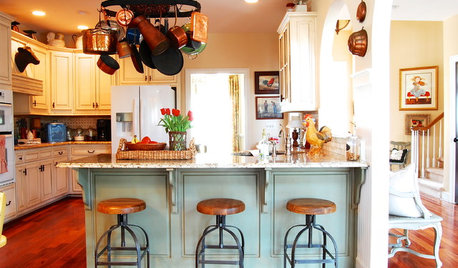
HOUZZ TOURSMy Houzz: French Country Meets Southern Farmhouse Style in Georgia
Industrious DIYers use antique furniture, collections and warm colors to cozy up their traditional home
Full Story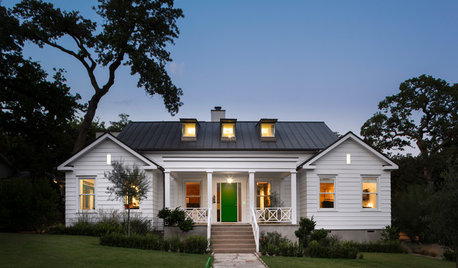
CONTEMPORARY HOMESHouzz Tour: Unusual Mixes of Old and New in Texas
Modern touches done in surprising ways give a traditional Austin house a whole new personality
Full Story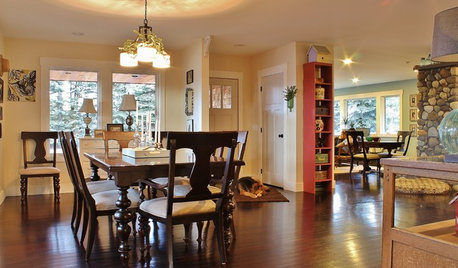
HOUZZ TOURSMy Houzz: Renovated 1912 Farmhouse Radiates Warmth and Charm
A Russian fireplace anchors a Washington family home filled with inherited, salvaged and flea market pieces
Full Story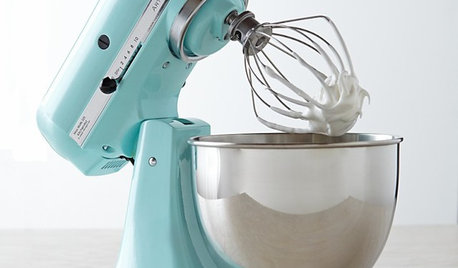
PRODUCT PICKSGuest Picks: Whip Up Kitchen Cheer With Aqua and Red
Cool blue and hot red accessories are foolproof ingredients of a jaunty kitchen with a hint of vintage
Full Story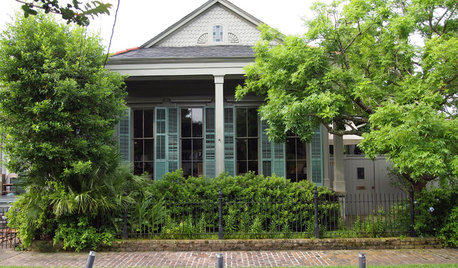
HOUZZ TOURSMy Houzz: Peek Inside an Artist’s Updated Shotgun Home and Studio
Gorgeous art and elegant style befit this New Orleans live-work property
Full Story
DECORATING GUIDESHouzz Tour: Lots of Love for a Lightened-Up 1909 Home
A family in Perth, Australia, lavishes attention on their historic house. Vintage furnishings fill the newly cheerful renovated space
Full Story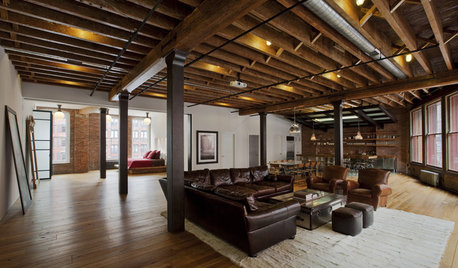
INDUSTRIAL STYLEHouzz Tour: Tribeca Through and Through
Surrounding neighborhood elements and history inspire a New York loft's gut renovation
Full Story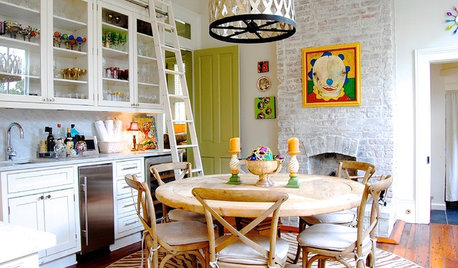
HOUZZ TOURSMy Houzz: Eye Candy Colors Fill an 1800s New Orleans Victorian
Take your fill of teal and pink patent leather, shots of chartreuse and vibrant artwork spanning the rainbow
Full Story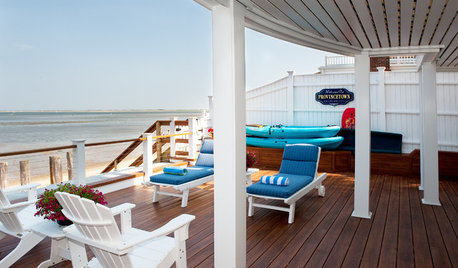
HOUZZ TOURSMy Houzz: A Summer Beach House Charms and Welcomes
An expansive, thoughtful renovation transforms a humble 1870s house on Cape Cod into an inviting place for living and entertaining
Full Story





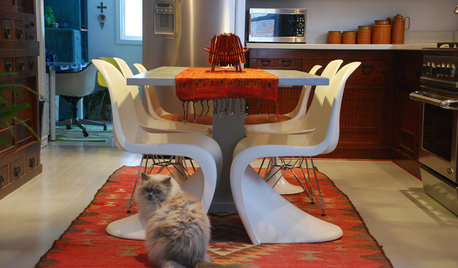
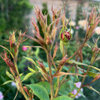



roseseek
nikthegreek
Related Professionals
Maple Valley Landscape Architects & Landscape Designers · Belmont Landscape Architects & Landscape Designers · Roosevelt Landscape Architects & Landscape Designers · Goodyear Landscape Contractors · Middletown Landscape Contractors · Commack Landscape Contractors · Hickory Hills Landscape Contractors · Lemont Landscape Contractors · Longview Landscape Contractors · South Lyon Landscape Contractors · Hueytown Landscape Contractors · Dickinson Swimming Pool Builders · Farmington Siding & Exteriors · Greenville Siding & Exteriors · Wareham Siding & Exteriors